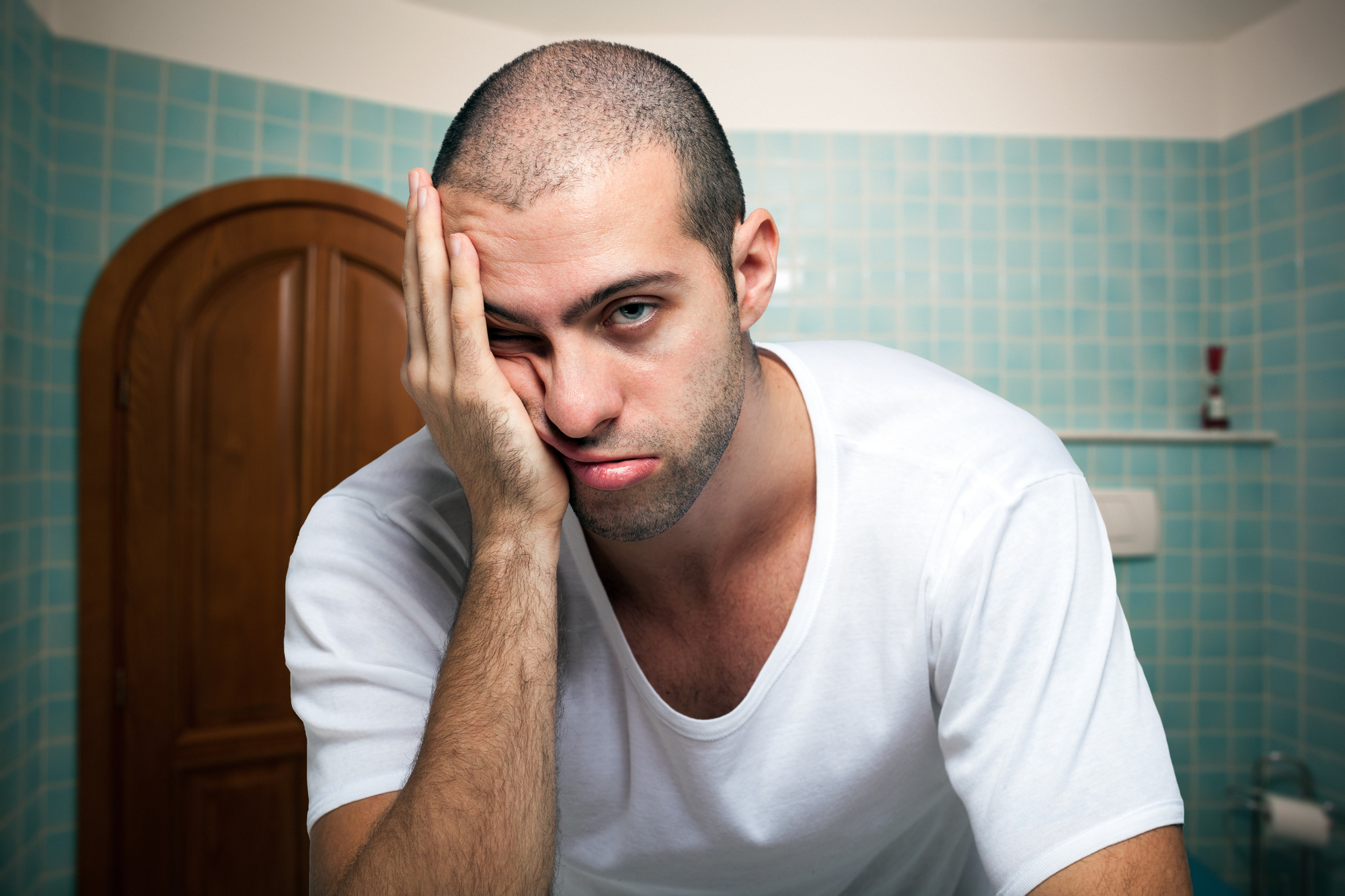
Your mouth is dry, your head is pounding, and the nausea has stopped you in your tracks. Although these symptoms may present themselves as the worst flu bug you’ve ever had, in most situations, if you had a few too many cocktails last night, you’re probably just experiencing a hangover. These symptoms typically start several hours after you stop drinking; they continue to worsen as your blood alcohol level falls and reach their peak when your blood alcohol gets to zero, which is why some researchers explain a hangover as a type of mini alcohol withdrawal. The symptoms can last the entire day after drinking and are similar to the symptoms an alcoholic may experience when they stop drinking. So, exactly what is a hangover?
Causes of a Hangover
Scientists and researchers have several theories about what exactly causes a hangover, but there isn’t one specific, definitive explanation for a hangover. Some think it is a mild form of alcohol withdrawal, while others think it is genetics. Regardless of what the exact cause is, hangovers present themselves with misery causing symptoms that are caused by the effects alcohol has on specific parts of your body.
The way your body breaks down alcohol may play a role in many of your symptoms. When drinking alcohol, your liver breaks the alcohol down into a toxic chemical known as acetaldehyde. Fortunately, before the acetaldehyde can cause too much damage, your body typically breaks it down into another chemical known as acetate. The acetate is then converted to carbon dioxide and water, which gets eliminated from your body. Consuming large amounts of alcohol makes it difficult for your liver to keep up, which causes an accumulation of acetaldehyde; ultimately causing vomiting and nausea, sweating and a host of other symptoms, including:
- Dehydration-Alcohol works like a diuretic, which causes frequent urination. As a result, when you drink too much, you will typically wake up the next day with extreme thirst, a dry mouth, lightheadedness and an extremely bad headache.
- Disrupted sleep-Although it’s common to think that consuming a lot of alcohol will cause you to fall into a deep sleep, what really happens is later in the night, you will shift into a lighter sleep or perhaps even wake up completely. This disruption in sleep leads to fatigue and drowsiness the next day.
Recovery from a hangover typically takes 8-24 hours, but there are a number of factors that could increase and decrease the amount of time it takes for you to make a full recovery. There are many factors that may contribute to the symptoms of a hangover, but the two primary causes are the poisoning effects of the alcohol on your body and dehydration. The best way to avoid a hangover is prevention, which means avoiding alcohol. Outside of avoiding a hangover, there are numerous other benefits that come with being sober, including a happy, healthy general sense of your overall well-being.
To learn more information about recovery and living sober, visit My 12 Step Store.
